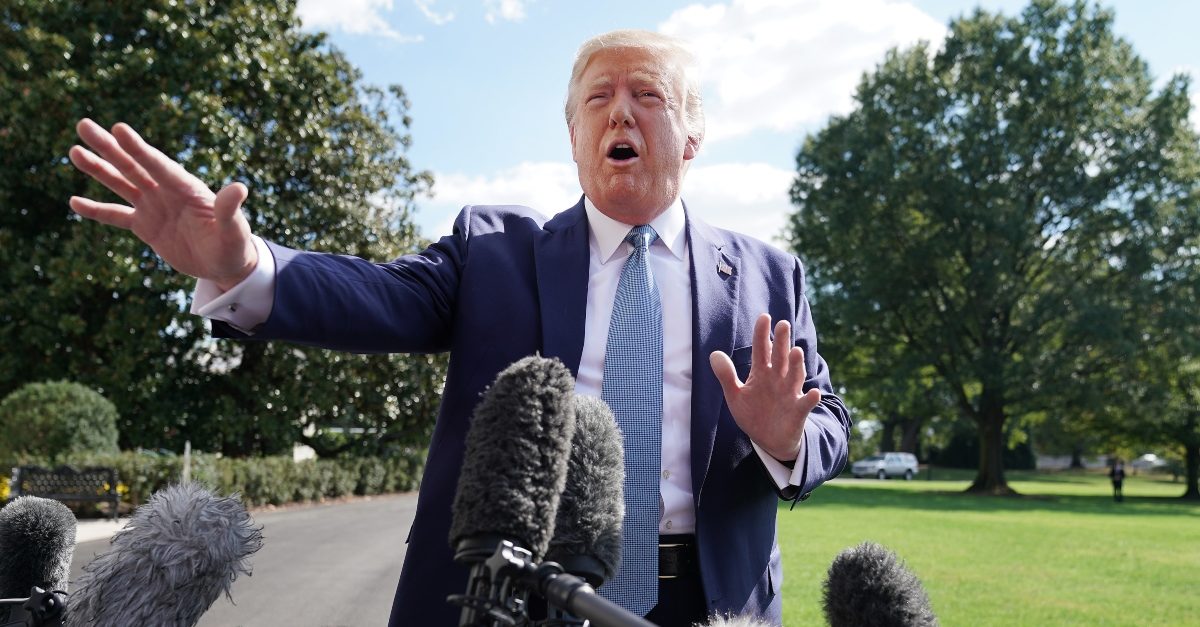
Several U.S. diplomats working on obtaining security funding for Ukraine were told by White House officials not to make a big deal of the release of the aid package, according to a Wednesday report from The New York Times.
In a September 12 email obtained by the Times, Brad Freden, the State Department’s acting deputy assistant secretary overseeing issues in Europe and Eurasia, wrote he had just learned that “the hold on all security assistance for Ukraine had been lifted.” He also relayed instructions from the administration that the release of the aid package would not be accompanied by a public announcement because the money was only withheld as part of a “normal review” process.
“NSC said that in the spirit of the ‘hold’ being a normal review, there will be no public announcement that it has been lifted,” Freden wrote, adding, “Keep moving, people, nothing to see here…”.
When another diplomat responded that the Ukrainian government intended to “make it public here,” Freden responded within minutes, saying that might not be such a good idea.
“In terms of public messaging, N.S.C. is deliberately treating both the hold and its lifting as administrative matters,” he wrote. “My advice is to keep your public messaging low-key as well.”
The Times also obtained a series of unreported internal State Department email communications leading up to the final approval of Ukrainian security aid showing that U.S. diplomats were growing increasingly embittered with the administration’s decision to withhold congressionally-approved aid to the country.
Jim Kulikowsi, the State Department’s regional assistance coordinator, on August 5 reportedly emailed several State Department employees in Ukraine and Eastern Europe about the situation.
“We realize the strain this puts on posts and your ability to conclude grants and carry out programs,” Kulikowski wrote, never mentioning why the administration froze the funds. “We currently await further guidance and will provide you with an update as soon as we know about next steps.”
While President Donald Trump and the White House have insisted the administration only sought to ensure the money was being spent properly, text messages from U.S. diplomats show that at least some were concerned that the money was being used to improperly put pressure on Ukrainian president Volodymyr Zelensky to launch politically advantageous investigations.
The relevant text messages, which legal experts have said are evidence of “consciousness of guilt,” began on September 1 when former U.S. Ambassador to Ukraine and current chargé d’affaires for Ukraine William B. Taylor texted a group of U.S. diplomats, “Are we now saying that security assistance and WH meeting are conditioned on investigations?”
The White House only increased scrutiny of the messages when they directed one of the diplomats included in the discussion — U.S. ambassador to the European Union Gordon Sondland — not to testify before multiple House investigatory panels on Tuesday.
[image via Chip Somodevilla_Getty Images]
Have a tip we should know? [email protected]